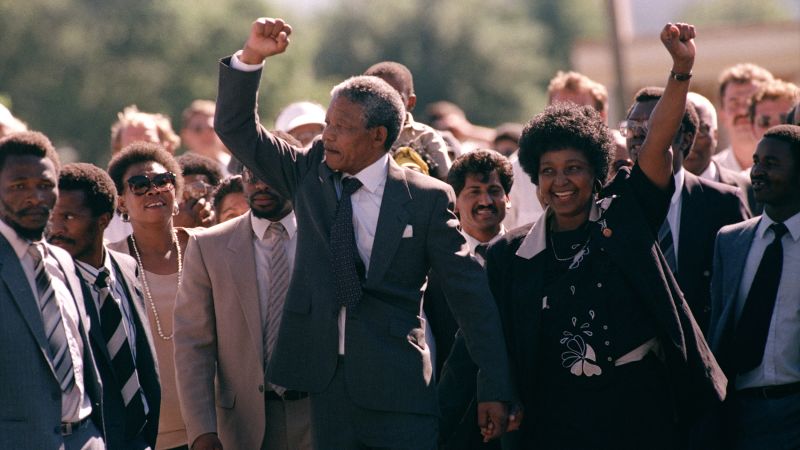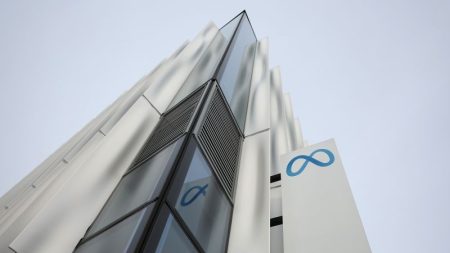South Africa’s African National Congress (ANC) came to power in 1994 with promises of building a better life for all, but 30 years later, the party risks losing its majority in the upcoming election due to issues like corruption, joblessness, power cuts, and economic stagnation. The economy has regressed over the past decade, with GDP per capita falling and unemployment rates soaring. Income inequality is at a critical level, with Black South Africans bearing the brunt of unemployment and poverty.
Despite the implementation of Broad-Based Black Economic Empowerment (BEE) to address racial inequalities and economic inclusion, the policy has not achieved its intended goals. There is a concentration of wealth in the hands of few, leaving many Black South Africans still marginalized and economically disadvantaged. President Cyril Ramaphosa has promised improvements if re-elected, while the official opposition party, Democratic Alliance, aims to replace BEE with an Economic Justice policy that targets the majority of the Black population for redress.
Critics of BEE argue that the policy has focused too heavily on enriching politically connected individuals through large business deals, rather than creating opportunities for broader economic empowerment. Black ownership of companies remains low, at just 34% on average, according to reports from the B-BBEE Commission. Additionally, Black representation in top management positions is lacking, further highlighting the shortcomings of BEE in fostering true economic transformation for historically disadvantaged groups.
BEE has also faced accusations of corruption, with politically connected individuals being placed in senior positions within state-owned companies without the required qualifications. This practice, along with mismanagement and corruption in public procurement, has contributed to the country’s crumbling infrastructure, particularly in essential services like electricity, transport, and water. The resulting economic slowdown has hindered growth, with experts estimating that GDP could have grown substantially higher without these challenges.
The economic crisis in South Africa has prompted a partnership between government and business to address pressing challenges. Business for South Africa, a group of major companies, is collaborating with government officials to tackle issues like infrastructure and power supply. This partnership has shown positive results and offers hope for improvements in the near future. Despite the challenges, there is a sense that South Africa’s economic woes can be addressed through collaborative efforts and a renewed focus on rebuilding a stronger economic foundation.
As South Africa faces an uncertain economic future, the prospect of a more contested political landscape could push the government to prioritize performance and accountability. The fear of losing elections may motivate leaders to take decisive action to address pressing issues and improve governance. While the road ahead is challenging, there is optimism that through partnership, accountability, and effective policy implementation, South Africa can overcome its economic challenges and build a more inclusive and prosperous future for all its citizens.















